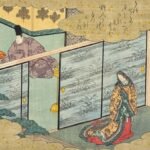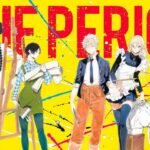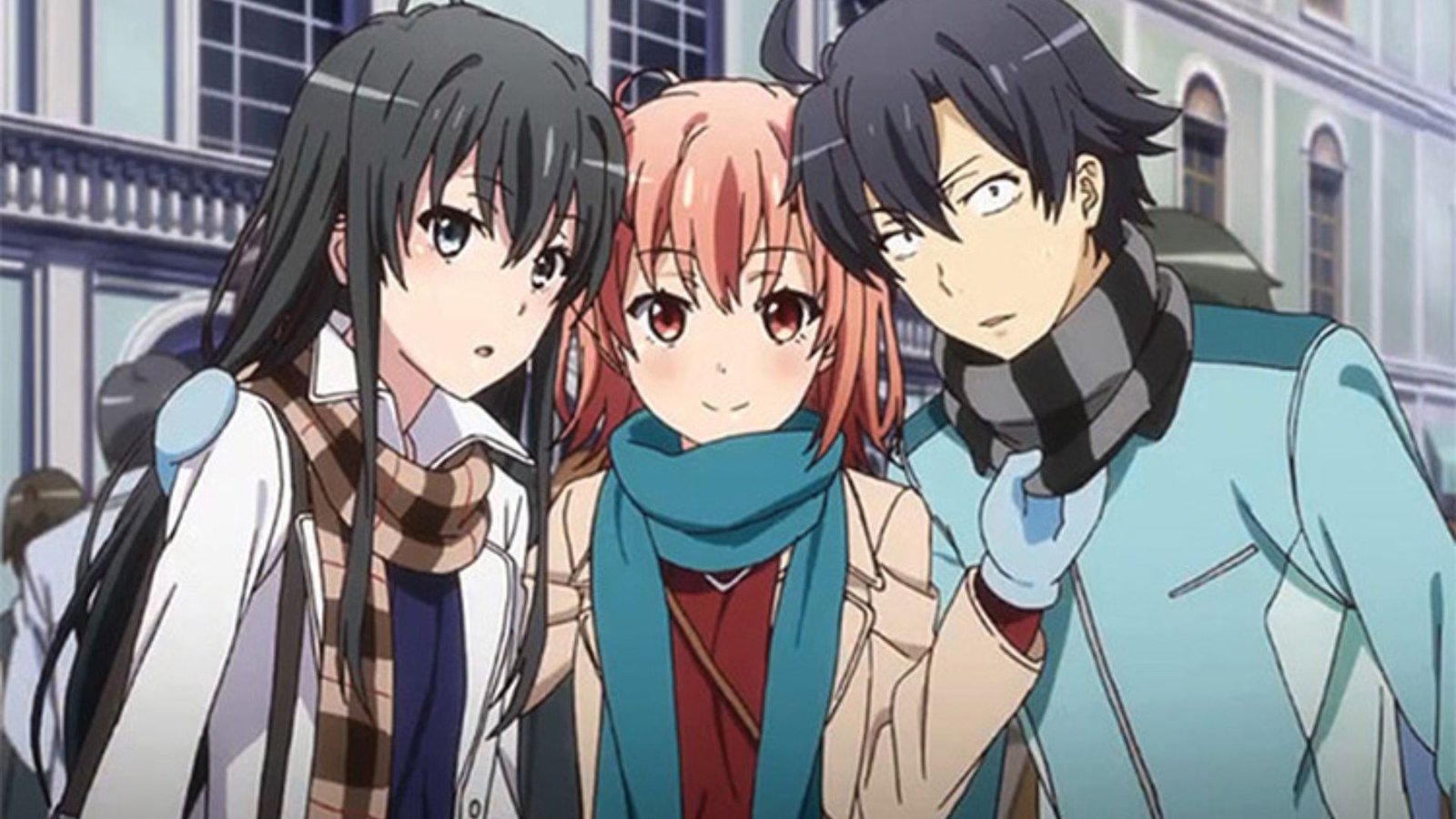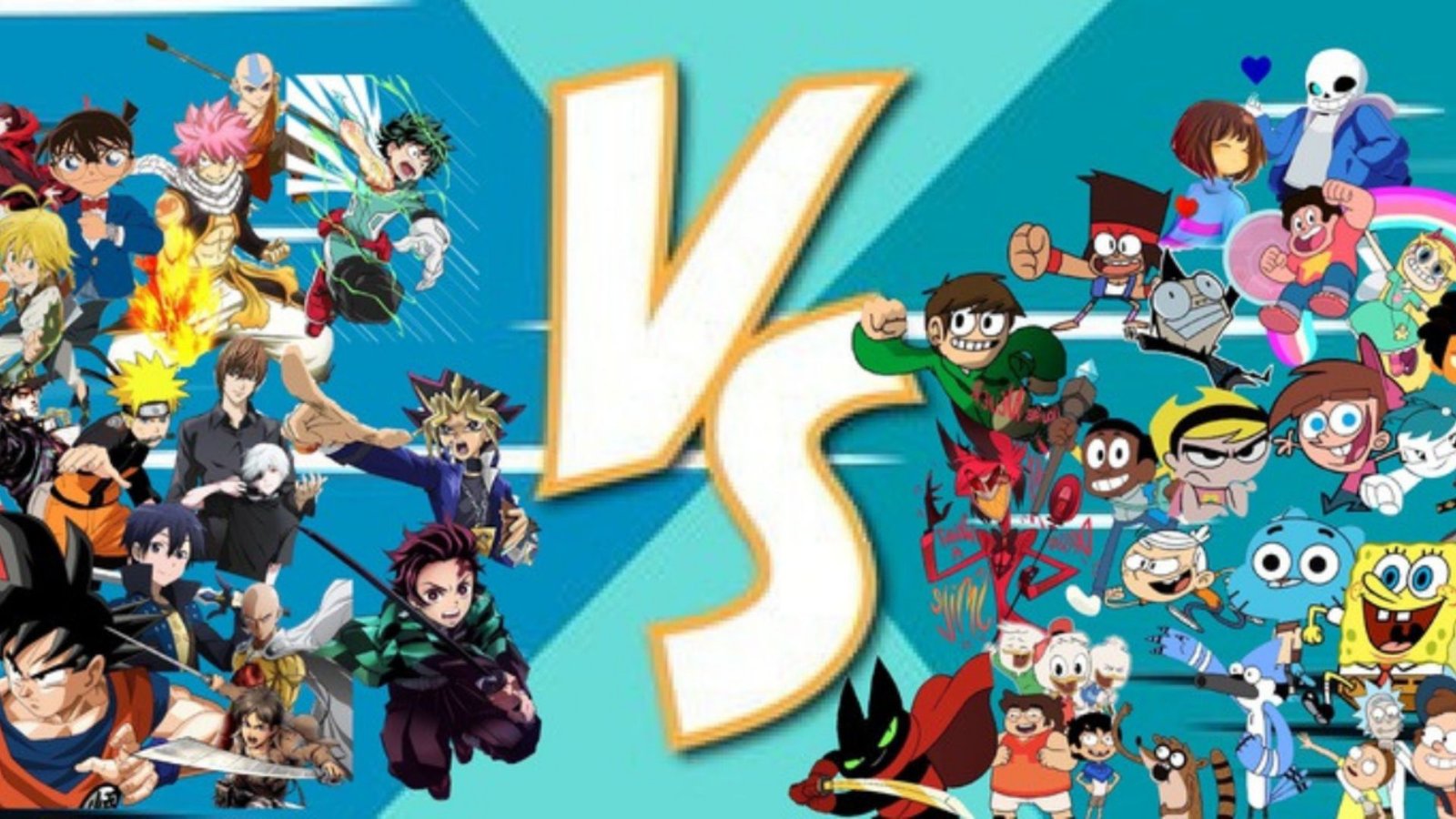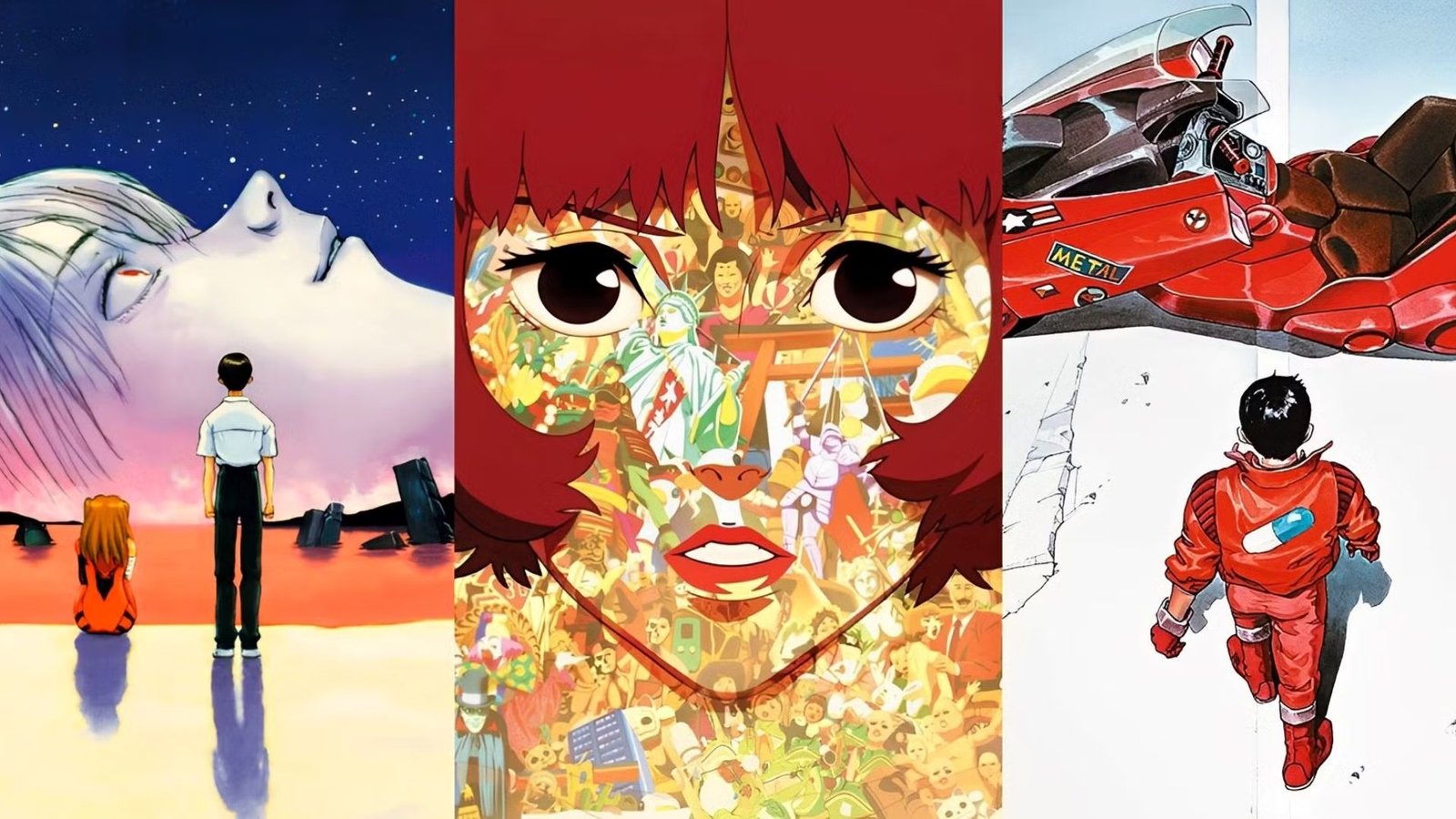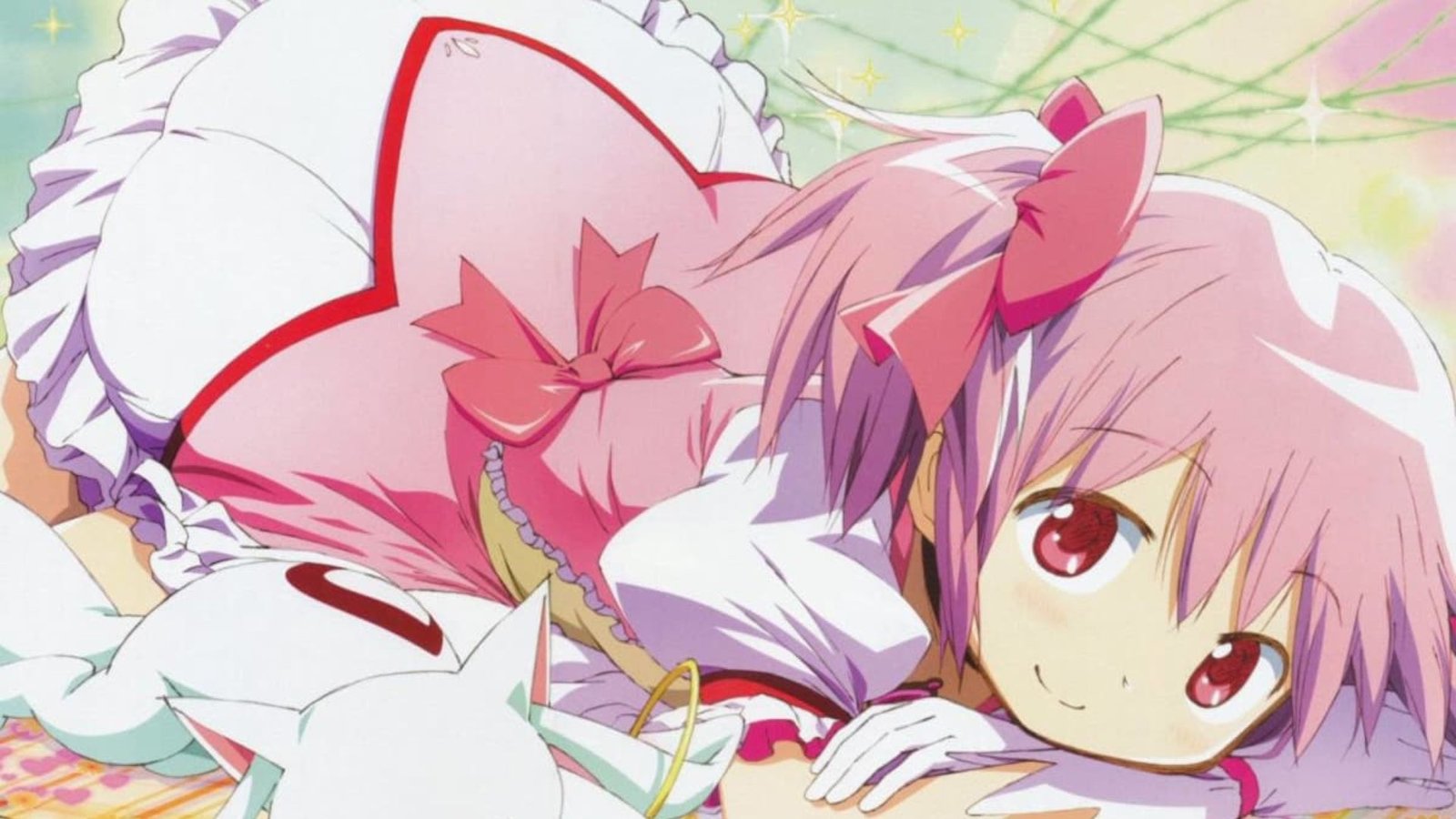Japanese literature has a rich history that spans centuries, with classical authors having a profound impact on the works of modern writers. Classical Japanese literature, which includes works from the Heian period, the Edo period, and the Meiji era, set the foundation for modern Japanese storytelling, exploring themes such as identity, nature, and human relationships. Authors like Natsume Sōseki, Yukio Mishima, and Junichirō Tanizaki are considered giants in Japanese literary history, and their influence continues to shape the voices of contemporary authors, both in Japan and around the world.
In this post, we will explore how classical Japanese authors have influenced modern writers, examining how their themes, storytelling techniques, and cultural perspectives have been carried forward and transformed in today’s literature.
1. Natsume Sōseki: The Bridge Between Classical and Modern Literature
Natsume Sōseki is often regarded as one of the most influential authors in Japan, and his works are essential to understanding the transition from classical to modern Japanese literature. Sōseki’s writing, especially his exploration of individualism, self-awareness, and the complexities of human nature, resonates deeply with modern Japanese authors. His novel Kokoro (1914) is a perfect example of how Sōseki examined the human condition, an element that modern writers like Haruki Murakami have also delved into.
Key Influence:
- Sōseki’s introspective approach to character development and exploration of psychological conflict has inspired modern authors to develop similarly complex, multi-dimensional characters.
- His incorporation of Western literary techniques while maintaining a strong Japanese identity set the tone for future generations of writers who blend Eastern and Western influences in their works.
2. Haruki Murakami: Carrying the Torch of Classical Influence
Haruki Murakami, one of the most globally recognized modern Japanese authors, is known for blending surrealism, fantasy, and introspective exploration. While his works are often considered contemporary in style, Murakami’s writing is deeply rooted in the literary traditions of classical Japanese authors. Murakami has acknowledged the influence of Sōseki and other classical writers in his works, especially when it comes to themes of alienation, loneliness, and identity.
Key Influence:
- Murakami’s use of surrealistic elements and introspective narratives can be traced back to Sōseki’s exploration of internal conflict.
- Murakami’s frequent references to traditional Japanese culture, along with his use of Western literary techniques, mirrors Sōseki’s balance of Eastern and Western influences.
- His exploration of isolation, existentialism, and the individual’s place in society reflects the thematic concerns of classical Japanese authors.
3. Yukio Mishima: Blending Traditional and Modern Japanese Values
Yukio Mishima is another author who was deeply influenced by Japan’s classical literary traditions while also critiquing and challenging modernity. Mishima’s works often explore the tension between traditional Japanese values and the rapid modernization of Japan post-World War II. His examination of honor, beauty, and the struggle to maintain cultural identity in a changing world echoes the preoccupations of classical authors like Matsuo Bashō and other poets of the Edo period.
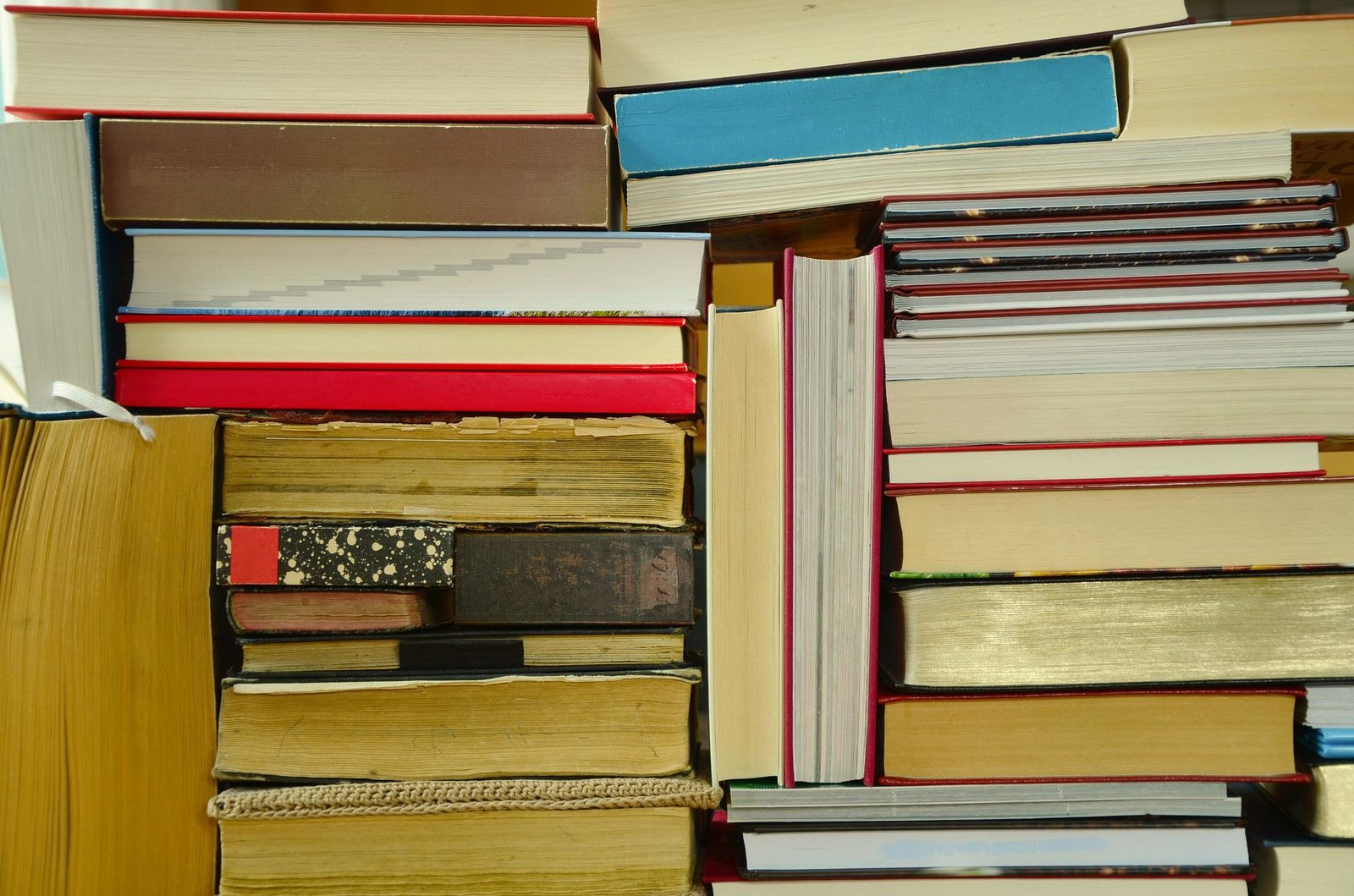
Key Influence:
- Mishima’s exploration of death, beauty, and the warrior ethos in The Sea of Fertility series reflects a return to Japan’s classical past, particularly the values of loyalty and sacrifice found in samurai culture.
- His literary style, while modern, often incorporates classical references, imbuing his works with a sense of historical continuity.
4. Junichirō Tanizaki: Reviving Classical Aesthetics in Modern Literature
Junichirō Tanizaki, known for his erotic and psychologically complex stories, was influenced by classical Japanese aesthetics and culture. His exploration of beauty, desire, and the interplay between tradition and modernity aligns with themes found in classical literature, particularly the Heian period’s The Tale of Genji, a novel that explores courtly love, complex relationships, and the fleeting nature of life. Tanizaki’s The Makioka Sisters (1943) is a perfect example of how he reinterprets classical themes in a modern context, blending elements of historical Japanese culture with contemporary concerns.
Key Influence:
- Tanizaki’s exploration of beauty, obsession, and tradition echoes themes from classical literature, especially The Tale of Genji.
- His treatment of Japanese cultural values, such as the reverence for aesthetics and ritual, bridges the gap between the classical and the modern.
5. The Legacy of Classical Japanese Literature in Contemporary Works
Modern Japanese literature continues to be shaped by the themes and techniques pioneered by classical authors. Many contemporary writers, including Banana Yoshimoto, Yoko Ogawa, and Sayaka Murata, explore themes of isolation, family dynamics, and existential questioning that were central to classical Japanese literature. These modern writers often pay homage to the classical authors by incorporating references to their works and themes, ensuring that the literary legacy of classical Japan continues to resonate.
Key Influence:
- Contemporary writers like Banana Yoshimoto and Yoko Ogawa continue the exploration of the human psyche and relationships, central to the works of Natsume Sōseki and other classical authors.
- Many modern authors maintain a connection to traditional Japanese aesthetics, blending them with contemporary issues to create works that are both timeless and relevant.
Conclusion
The influence of classical Japanese authors on modern writers is undeniable. From the introspective characters of Natsume Sōseki to the cultural critique of Yukio Mishima, classical Japanese literature has left an indelible mark on contemporary Japanese storytelling. Modern authors like Haruki Murakami, Banana Yoshimoto, and Yoko Ogawa continue to draw inspiration from these literary giants, ensuring that the themes of isolation, identity, and beauty continue to resonate in today’s world. As modern writers build on the foundation laid by classical authors, they maintain a connection to Japan’s rich literary heritage while exploring new territories in the evolving landscape of Japanese literature.




